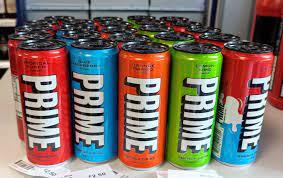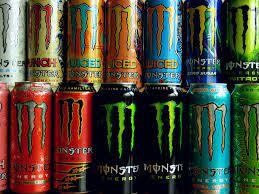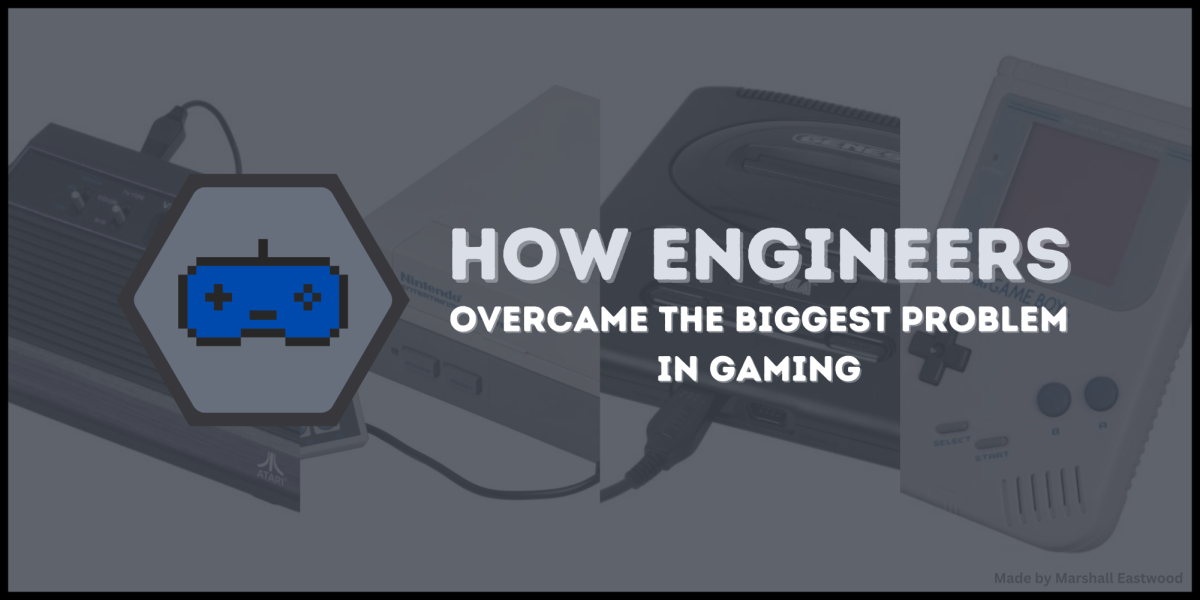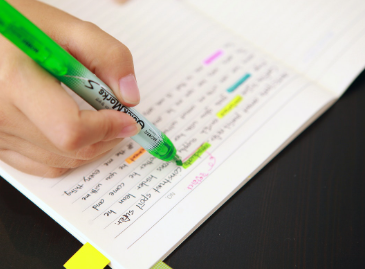If any group of people could use more time, it would be student-athletes.
Student-Athletes have to manage a social life, family affairs, a job, homework, and studying to keep their grades up so that they can spend every day after school practicing for two hours. Not to mention team commitments, volunteering, and competitions.
Unfortunately, companies like Celsius, C4, and Monster Energy see this as an opportunity to profit.

“Live Fit” is Celsius’s slogan. They use programs like Celsius University where they pay college students to build the brand on campus. C4 Energy took a different approach to target younger generations by using TikTok. Their account has over 332,900 followers, and they are using it to target Gen Z WWE fans and fitness enthusiasts alike.

“The Monster Army is Monster Energy’s athlete development program that supports athletes ages 13-21 in motocross, BMX, mountain bike, skate, surf, snow, and ski,” said the Monster Energy drink athlete development page. “All of us have found ourselves daydreaming about stepping up to the highest step of the podium with the crowds cheering. Monster Army’s top goal is to help you make that dream a reality”
These campaigns have been widely successful increasing brand notoriety and the base of consumers. It is hard to go a day without seeing them in some form or another, including at school.
“Advertising works and students, athletes, or people want the quick way of doing something, not the proper time-tested way to some goal.” stated athletic trainer Steve Lubbehusen.
Although athletic trainers and coaches alike do not like the use of caffeinated drinks as a supplement, students in multiple different sports are affected by caffeine addiction.
“¾’s of the [Football] team easily drink energy drinks,” said Junior Offensive Linemen Kaiden Abbs.
Strength and Conditioning Coach Elliot Forth said “About ¼” of the students he sees in the morning have some energy drink.
It’s not a problem exclusive to the weight room either, as many student-athletes outside of it also drink them.
“The drinks are just really good, and I’ll drink them even if I don’t need the caffeine,” said Senior Bailey Lothamer. Although there is no noticeable increase in athletic performance, she states “it just helps me focus, it doesn’t give me that much more energy.”
Even when the drinks do have a notable impact on performance it is short-lived.
“[I get] Really hyped up for the first half. During the second half though, I am trying to get energy,” said Abbs.
They do this although there are “not a whole lot of positives,” said athletic trainer Steve Lubbehusen.
Many athletes experience the negative side effects of caffeine, beyond dependency.
The side effects may include heart palpitations, increased blood pressure, dehydration, sleeplessness, irritability, upset stomach, and increased urination.
Not only are there physical consequences of energy drinks, but there are also psychological ones.
“We are easily addicted to caffeine in lots of forms. How many students/teachers have to bring coffee, tea, soda, etc. in the am instead of sleeping properly and eating properly,” said Lubenhusen.
Caffeine addiction is quite common. If someone is addicted to caffeine, they can experience a variety of physical symptoms. The severity of withdrawal symptoms relates to the amount of caffeine a person usually consumes.

If a person drinks a few cups of coffee or a few energy drinks a day, they can be affected by addiction.
Energy drinks are “expensive, a waste of money and time” according to Lubbehusen. “If you eat properly for your sport or activity.”
Proper nutrition and rest are incredibly important. They can boost athletic performance, recovery, and focus.
If an athlete in any sport wants to get ahead of the game, getting eight hours of sleep is a good start. What you eat, and drink is also important. Energy drinks have an unnecessary amount of sugar and carbs boasting a negligible amount of protein.
“Sleep and rest are necessities for athletes. By increasing the amount of sleep an athlete is getting has a direct impact on increased athletic performance,” said head basketball coach Ryan Abbot. “We do recommend our athletes increase water intake and good calories from food.”
“Your food/diet choices should be your greatest supplement,” added Lubbehusen. “Breakfast, snacks, Lunch, Dinner, etc. all of the 43 needed nutrients can be consumed as food with a healthy diet.”
The appropriate ratio of macronutrients can prevent energy crashes. This helps build muscle and general energy levels.
Coach Forth recommends about “1 gram of protein for 80% of body weight in pounds”
A 160-pound person would need around 128 grams of protein for optimal rest and recovery. If an athlete is struggling to reach that goal, Coach Forth recommends any Protein powder that is NSF-certified.
There are tons of negative effects of drinking too many energy drinks, or too much caffeine in general. Companies that sell energy drinks are not selling them for students/ student-athletes to benefit, and actively profit from the addiction. Both a proper diet and sleep are needed for optimal muscle growth, performance, and focus: all of which are quintessential for athletic performance.
If you catch yourself drinking too many caffeinated beverages, listen to Forth as he says “Don’t put that crap in your body.”







